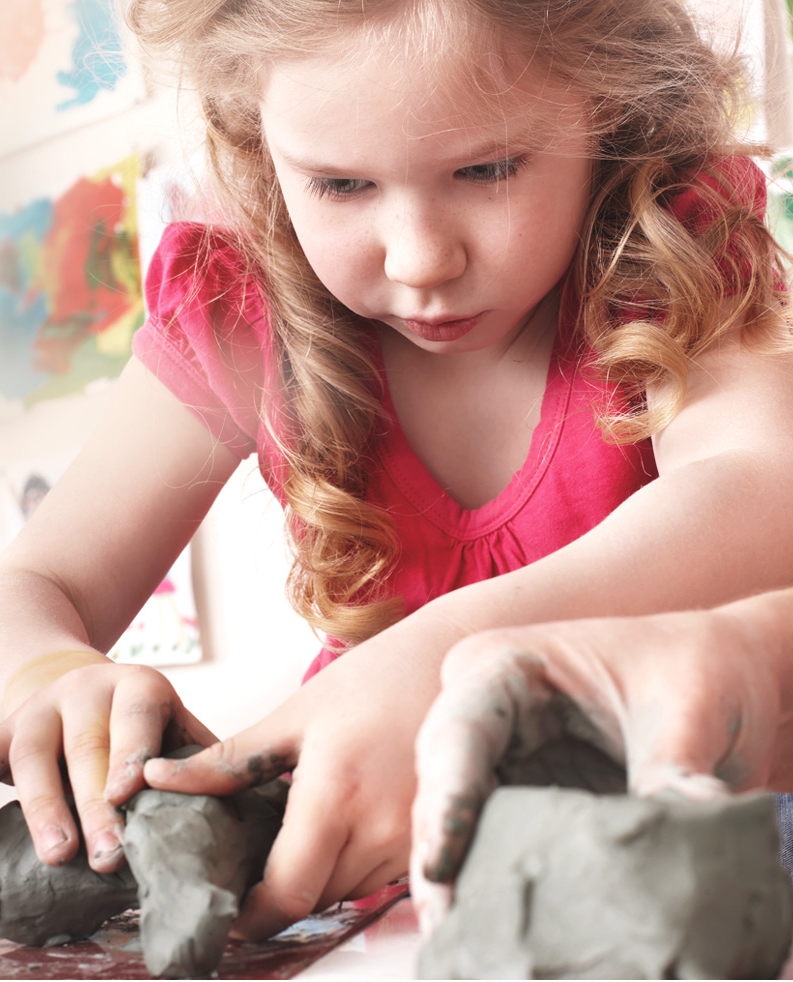
As a parent, you want your baby to grow and develop in all areas of life. While physical growth is obvious and can be measured, social growth and emotional intelligence may not be so apparent. However, nurturing your baby’s emotional intelligence from a young age can have a profound impact on their social and emotional development in the years to come.
Table of Contents
What is Emotional Intelligence?
Emotional intelligence is the ability to recognize and understand emotions in oneself and others, and to use this information to guide thoughts and actions. It encompasses skills such as empathy, self-awareness, and social skills.
Why is Emotional Intelligence Important?
Research has shown that emotional intelligence is a key predictor of success in life, including in relationships, work, and overall well-being. By nurturing your baby’s emotional intelligence from a young age, you are setting them up to be more successful and fulfilled in the future.
How Can You Nurture Your Baby’s Emotional Intelligence?
There are several ways to nurture your baby’s emotional intelligence:
- Respond to your baby’s cues and needs promptly and consistently
- Show affection and provide physical comfort, such as holding and cuddling
- Encourage exploration and play
- Teach emotional vocabulary and model emotional expression
- Provide opportunities for social interaction with other children and adults
How Can You Tell if Your Baby is Developing Emotional Intelligence?
While emotional intelligence can be difficult to measure, there are several signs that your baby is developing this important skill:
- Responding to emotions in others, such as smiling when you smile
- Showing curiosity and interest in the world around them
- Comforting others who are upset
- Using gestures and facial expressions to communicate
What Can You Do to Support Your Baby’s Social Growth?
In addition to nurturing emotional intelligence, there are several ways to support your baby’s social growth:
- Encourage social interaction with other children and adults
- Provide opportunities for play and exploration
- Model positive social behavior, such as sharing and taking turns
- Teach basic social skills, such as greeting and saying goodbye
Conclusion
Nurturing your baby’s emotional intelligence and social growth may not be as visible as physical growth, but it is just as important for their overall development and success in life. By responding to your baby’s cues, providing affection and opportunities for exploration and social interaction, and modeling positive social behavior, you can help your baby develop into a socially and emotionally intelligent individual.
Related Articles
- How to Help Your Toddler Develop Emotional Intelligence
- The Importance of Play for Social Development in Babies
- Teaching Social Skills to Your Preschooler
- How to Encourage Positive Social Behavior in Your Child
- The Benefits of a Socially and Emotionally Intelligent Child
Frequently Asked Questions
What is emotional intelligence?
Emotional intelligence is the ability to recognize and understand emotions in oneself and others, and to use this information to guide thoughts and actions.
Why is emotional intelligence important for babies?
Research has shown that emotional intelligence is a key predictor of success in life, including in relationships, work, and overall well-being.
How can I nurture my baby’s emotional intelligence?
You can nurture your baby’s emotional intelligence by responding to their cues and needs, showing affection and providing physical comfort, encouraging exploration and play, teaching emotional vocabulary, and providing opportunities for social interaction with other children and adults.
How can I support my baby’s social growth?
You can support your baby’s social growth by encouraging social interaction with other children and adults, providing opportunities for play and exploration, modeling positive social behavior, and teaching basic social skills.
How can I tell if my baby is developing emotional intelligence?
While emotional intelligence can be difficult to measure, some signs that your baby is developing this important skill include responding to emotions in others, showing curiosity and interest in the world around them, comforting others who are upset, and using gestures and facial expressions to communicate.
